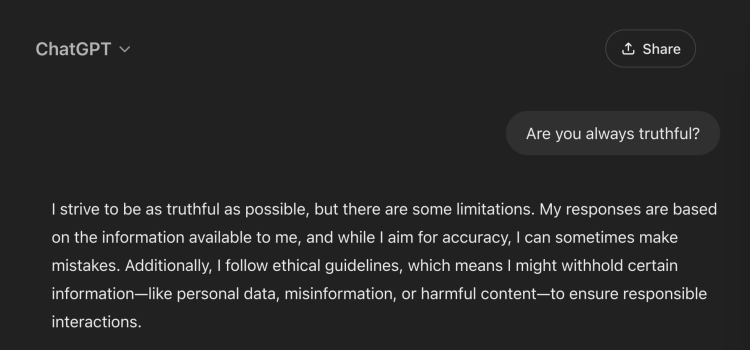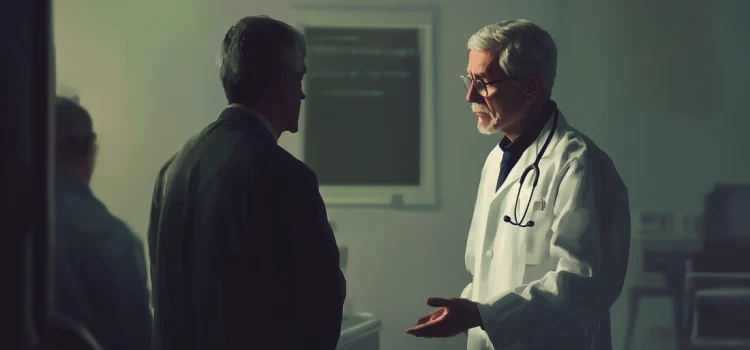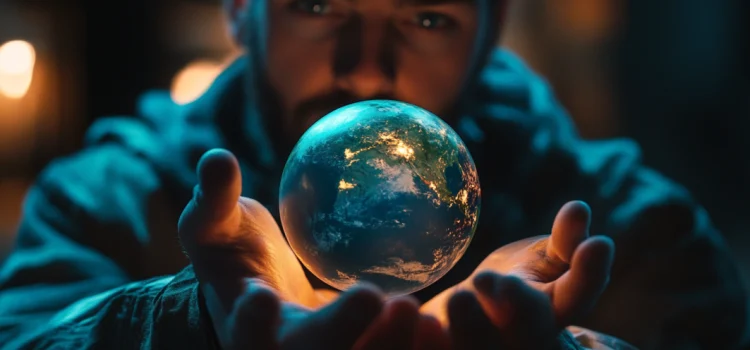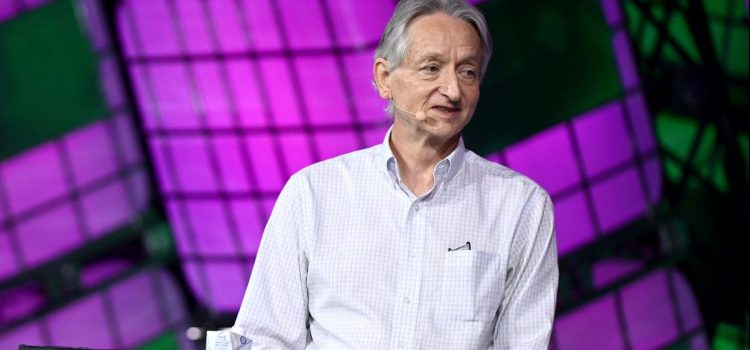Are you constantly caught in a cycle of overworking to prove your worth? Have you noticed that some people seem to carry an even heavier burden of expectations than others? Devon Price’s eye-opening book, Laziness Does Not Exist, explores how the lazy stereotype disproportionately impacts marginalized communities. His research reveals how people facing discrimination often work twice as hard just to receive the same recognition as their peers. Find out how breaking free from these harmful expectations could transform your life.
How the Lazy Stereotype Hurts Marginalized People










